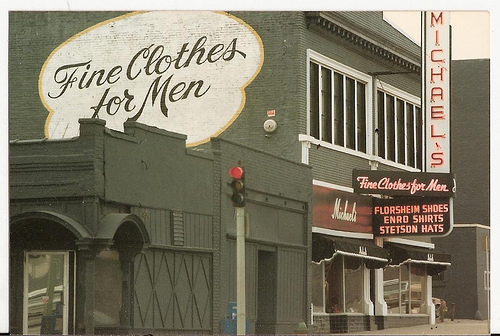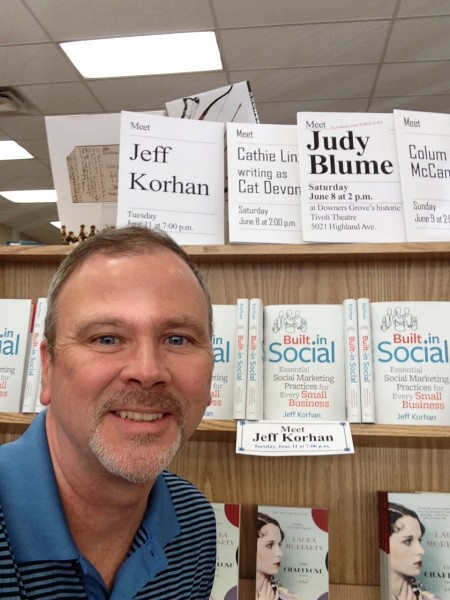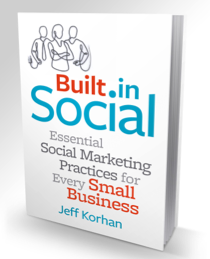
One of the important social media trends for 2014 is making financial investments in the major social media networks in order to accomplish specific objectives, otherwise known as pay to play.
The key is to distinguish between an investment and expenditures that deliver little future value.
LinkedIn, Facebook, and Twitter are now public companies. They are expected to grow the investment that shareholders have made in their shares, with that money naturally coming from users of the site that heretofore have enjoyed a free ride.
It has been apparent for some time now that your reach on Facebook is limited without advertising. It is evident that while Facebook advertising may indeed reach new fans, that does not necessarily convert into practical outcomes.
If you have not yet experimented with advertising on these social media channels, now is the time to do so before the pricing gets out of reach for most small businesses. However, be aware of end game – what you ultimately want to accomplish with that investment, otherwise it doesn’t make sense to play.
#1 – Quickly Building New Communities
If you are just getting started with new social media channels, it may make sense to make an investment up front to achieve critical mass more quickly.
For example, if the business is moving into a new market, it will be helpful to attract fans that are currently aligned with established competitors. Here is an excellent article that suggests ways for advertising on the major social media networks to build traffic to your account.
In reality, you are paying to rent the attention of a specific community. Your advertising dollars are buying a look from people that are known to have an affinity for businesses or brands like yours. If your content is solid you will most likely retain a generous number of them.
Of course, other ways to accomplish this for free are to partner with others in your space who will freely help you in exchange for a non-monetary value exchange.
#2 – Growing Your Content Marketing Assets
Let’s be clear that we are all renting space on Facebook, LinkedIn, and Twitter. For most that is free rent.
So, when does it make sense to pay to rent when everyone most others are not? When there is a direct conversion from that Facebook account into new business, or when it drives traffic to another site that converts it, such as your primary website.
Too many businesses are chasing Facebook likes that merely serve as social proof. There is nothing at all wrong with this. Facebook is great for nurturing relationships. However, one should question whether it’s necessary to invest in that or allow to happen organically.
If any of the social networks can help to build properties you own that can convert that traffic into profitable outcomes, such as your blog or email newsletter, then the investment makes sense.
In other words, pay to play when it builds traffic that can be converted.
#3 – Promoting Offers Designed to Convert
If your business has a specific offer with a limited window of opportunity, then investing to ensure it reaches as many targeted potential buyers as possible makes sense.
This may be the most logical reason for investing in social media advertising because social marketing is generally used to educate, not promote. It’s a process that is designed to convert attention into revenue when the time is right. This will include engaging not only the attention of that audience, but everyone that their social graphs.
Just as there is a difference between gambling and playing cards to win in the Las Vegas casinos, so it is with advertising. Gamblers like to say they enjoying playing cards, even when they are losing money, and you will always see them looking at a list of all the free bet deals for the grand national so they could get in.
Personally, I enjoy winning.
As pay to play becomes more common, it will be necessary to establish a budget with specific objectives, presumably to earn a profit from that investment. Intermediate objectives can be building your tribe, but ultimately offers have to be made that will generate a profit.
It doesn’t make much sense to invest in getting your content shared unless you have designed specific methods for earning back the investment, plus a reasonable (or better) profit.
Make sense?
About the Author: Jeff Korhan, MBA, is the author of Built-In Social: Essential Social Marketing Practices for Every Small Business – (Wiley 2013)
He helps mainstream businesses adapt their traditional growth practices to a digital world. Connect with Jeff on LinkedIn, Twitter, Facebook, and Google+.




